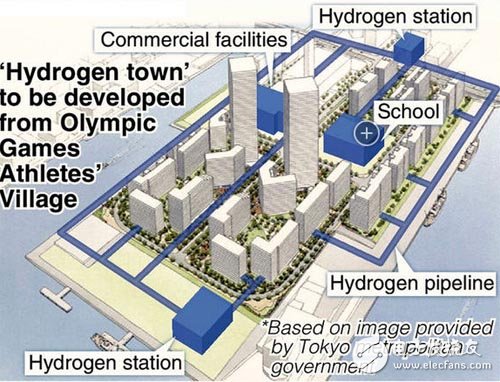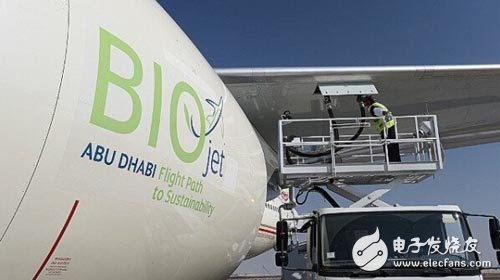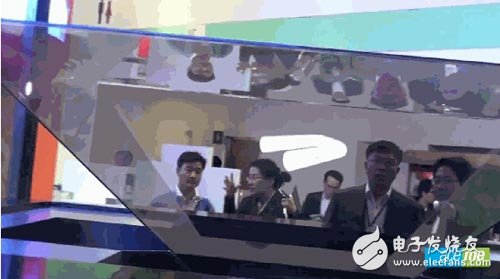According to the Washington Post, the Rio 2016 Olympic Games will open next month, but its host city, Rio de Janeiro, still faces several serious problems: the spread of the Seca virus, the rising crime rate, the main venues and urban areas of the Unicom Olympic Games. The new subway line has not yet been completed and the sailing venue is contaminated. The Rio Olympics can be described as "shadows." In contrast, the 2020 Tokyo Olympics will sweep away the haze of people's minds. Many high-tech will be promoted at the Tokyo Olympics to bring benefits to athletes and spectators.
Previously, Japan also promoted high technology during the Olympics. Heather Hansman issued a paper in the US magazine "Popular Science": In the 1964 Tokyo Olympics, Japan launched a bullet train that completely changed the traffic in Japan.
About the high-tech that Japan will launch at the 2020 Tokyo Olympic Games, including the following aspects:
Driverless taxi: use your mobile phone to take a taxi to the stadium
Japan will launch a driverless taxi. During the 2020 Tokyo Olympics, athletes and spectators can take a taxi to the venue.

Currently, Japan is experimenting with driverless taxis, Heather Hansman said: "The technology needs to be improved, such as the need to improve the software on the car so that it can identify the map."
Investment of 367 million US dollars: building an Olympic village with hydrogen system power supply
Tokyo invested 367 million US dollars to develop hydrogen fuel cell vehicles and build hydrogen refueling stations. In addition, the Tokyo Olympic Village with 6,000 buildings will only use hydrogen fuel cells to power.

Although costly, Tokyo hopes that after the Olympics, the Olympic Village can become an environmentally friendly residential area powered by a new generation of hydrogen systems.
Many airlines, including Boeing and ANA, are developing biofuel aircraft.
Biofuel aircraft: reducing carbon emissions
Given that many athletes and spectators choose to travel during the Olympics, many airlines, including Boeing and ANA, are developing biofuel aircraft to reduce carbon emissions during the Olympics.

Aircraft require a lot of fuel, biofuels require a lot of plants, so these companies are cultivating large numbers of green plants on farms and seaweed farms to feed raw biofuels.
8K video recording: 16 times the resolution of HDTV
The Olympic Broadcasting Service of the International Olympic Committee plans to use 8k video recording at the Tokyo Olympics, with a resolution of 16 times that of current HDTV.

According to the organization's plan, the Rio Olympic Games will have 130 hours of activity recorded in 8k video to test the water for the Tokyo Olympics.
Floating 3D image technology, people can walk around this image, no longer just sitting in front of the screen to watch the projection.

Japan's Mitsubishi Electric Corporation said it has developed a technology that can create floating 3D images. People can walk around such images instead of just sitting in front of the screen and watching the projections.
Olympic organizers are considering using this image to post information.
upper case aluminum,keyboard frame,keyboard case hot swappable,customizable keyboard case
Dongguan Yingxin Technology Co., Ltd. , https://www.dgyingxintech.com